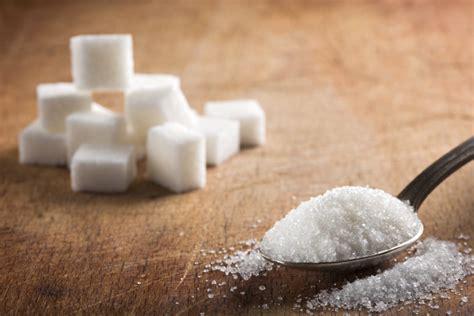
Recent studies have reported that the associations between dietary carbohydrates and (CVD) may depend on the quality, rather than the quantity, of carbohydrates consumed. Not all carbohydrate risk foods are a risk and precise language (whole vs refined) is ncessary. A new study aimed to assess the associations between types and sources of dietary carbohydrates and CVD incidence. A secondary aim was to examine the associations of carbohydrate intakes with triglycerides within lipoprotein subclasses.
METHODS
A total of 110,497 UK Biobank participants with ≥ two (maximum five) 24-h dietary assessments who were free from CVD and diabetes at baseline were included. The risks of incident total CVD (4188 cases), ischaemic heart disease (IHD; 3138) and stroke (1124) were measured and related to types of carbohydrate intakes over a median follow-up time of 9.4 years,. The associations of types of carbohydrate intakes with plasma triglycerides within lipoprotein subclasses as measured by nuclear magnetic resonance (NMR) spectroscopy in just under 1/4 patients.
RESULTS
Total carbohydrate intake was not associated with CVD outcomes.
Free (added) sugar intake was positively associated with total CVD, IHD, and stroke.
Fibre intake was inversely associated with total CVD.
Modelled substitution of 5% of energy from refined grain starch with wholegrain starch predicted lower total CVD.
Substitution of free sugars with non-free sugars was also predicted to lead to less CVD and stroke.
Free sugar intake, not fiber rich carbohydrates, was related to higher triglycerides within all lipoproteins.
CONCLUSIONS
Higher free sugar intake was associated with higher CVD incidence and higher triglyceride concentrations within all lipoproteins.
Higher fibre intake and replacement of refined grain starch and free sugars with wholegrain starch and non-free sugars, respectively, may be protective for incident CVD.
The bottom line is that you have to read ingredients and avoid packaged foods and drinks high in added free sugars (57 different names in packages so beware) and avoid refined carbohydrates.
Whole grains and fruits remain related to lower heart disease risks.

